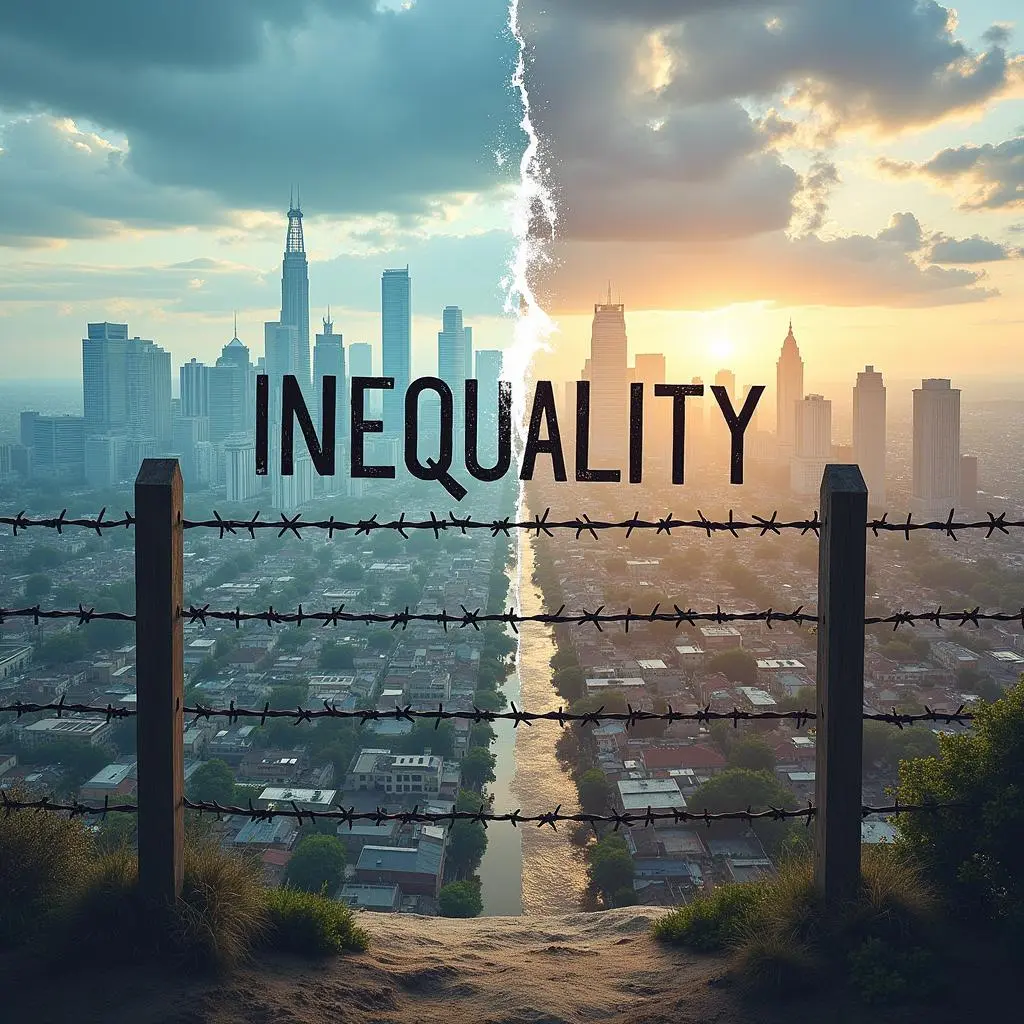Why Are Basic Needs Not Guaranteed in the 21st Century?

In the 21st century, technological advancements and economic progress have reached unprecedented levels, yet millions of people still struggle to meet their basic needs. Access to food, clean water, healthcare, and shelter remains a challenge for many, despite the world producing enough resources to satisfy everyone's needs. This contradiction raises critical questions about global priorities and the systems in place that perpetuate inequality.
One of the key issues is the distribution of wealth and resources. Concentrated wealth among a small percentage of the population leaves limited resources for the majority. Governments often prioritize military spending, corporate subsidies, or debt repayment over social welfare programs that could address basic needs. Additionally, systemic inefficiencies and corruption further hinder efforts to provide universal access to essentials.
The commodification of basic needs also plays a significant role. Housing, healthcare, and even water are treated as goods to be bought and sold rather than fundamental rights. This approach prioritizes profit over human dignity, leaving the most vulnerable populations excluded. Policies that prioritize privatization and deregulation exacerbate this issue, creating barriers for those in need.
To ensure that basic needs are guaranteed for all, systemic change is required. Governments must shift their focus towards equitable resource distribution, enforce strict regulations on industries exploiting essential services, and prioritize public welfare over corporate profits. Community-driven initiatives, universal basic income, and investment in sustainable infrastructure are potential solutions to address these challenges.
As global citizens, we have the collective responsibility to advocate for policies and practices that prioritize human dignity. By rethinking our economic models and emphasizing collaboration over competition, societies can ensure that no one is left behind in the pursuit of progress.
As global citizens, we have the collective responsibility to advocate for policies and practices that prioritize human dignity. By rethinking our economic models and emphasizing collaboration over competition, societies can ensure that no one is left behind in the pursuit of progress.
